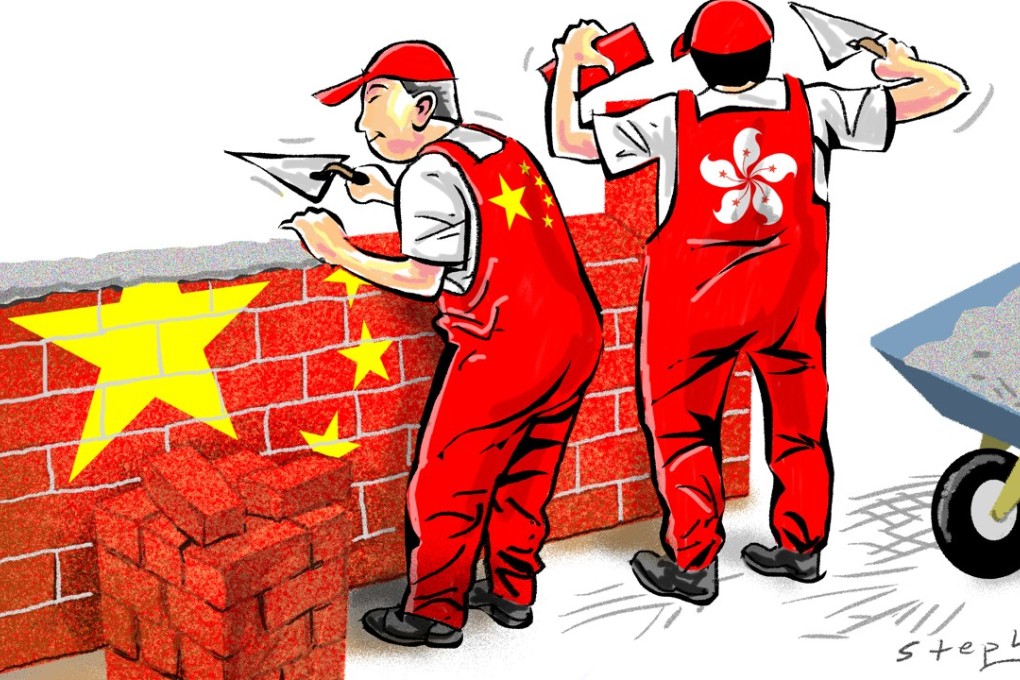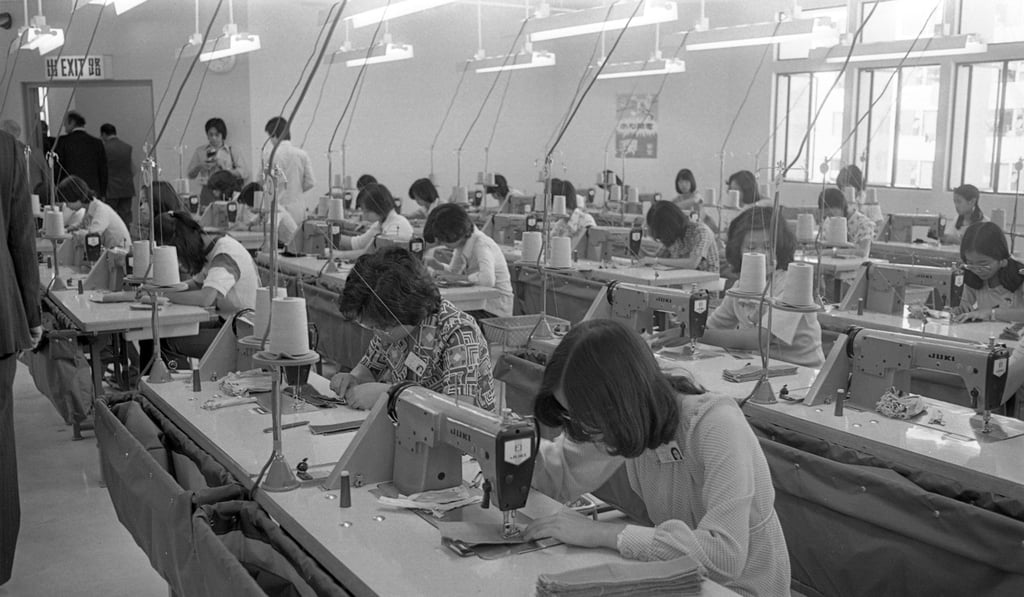Advertisement
Hong Kong has a role to play in creating the ‘Chinese dream’ – if it can tread the middle ground
Christine Loh says Hong Kong has had a symbiotic relationship with the mainland for decades. Now, as a part of China with a unique history, the city must reflect on how its role in nation-building can evolve
Reading Time:4 minutes
Why you can trust SCMP
0

Reassessment is not easy because it requires letting go of long-standing perspectives and, sometimes, emotional investment. The complexity of the issues we confront adds to the difficulty. This is especially true when it comes to Hong Kong’s relationship with the mainland.
Older Hong Kong people remember the wave of decolonisation after the second world war. They remember the 1960s, when the city was rocked by the Cultural Revolution on the mainland and violence seeped across the border for a while. It was also a period when the Soviet Union and United States, with very different ideologies and spheres of influence, held sway as the most powerful nations.
From the 1950s, Hong Kong developed a robust manufacturing economy. Growth in the 1960s had much to do with producing labour-intensive consumer goods for export to the West. Hong Kong saw the Ronald Reagan-Margaret Thatcher era in the 1970s-1980s positively, as it reduced protectionism and opened markets.

China went through many political difficulties up until the end of the Cultural Revolution. It needed Hong Kong to deal with its offshore financial transactions, which helped the city to build its financial services expertise.
Advertisement